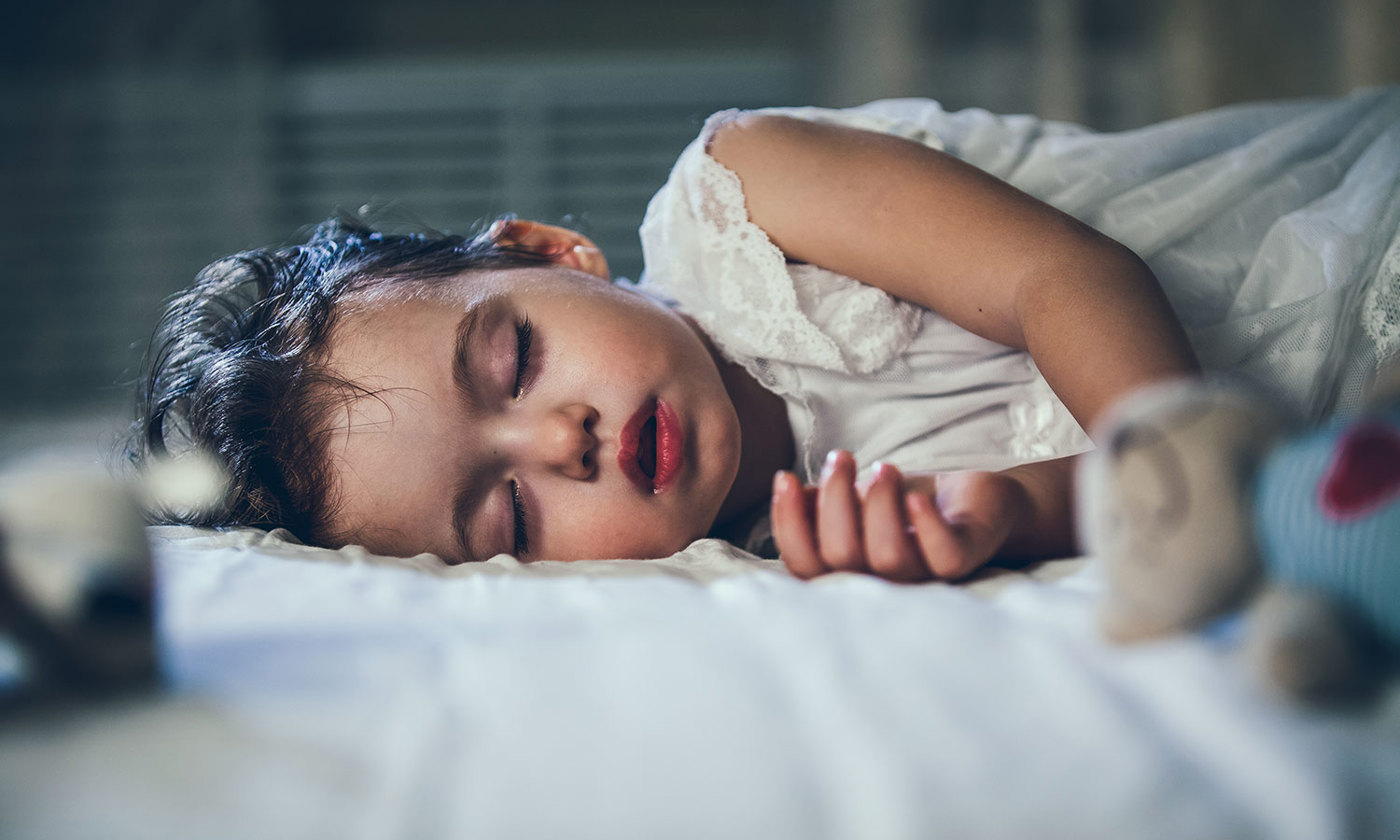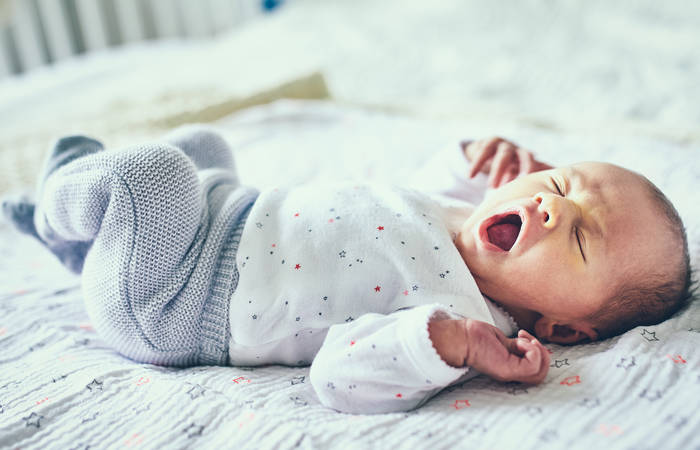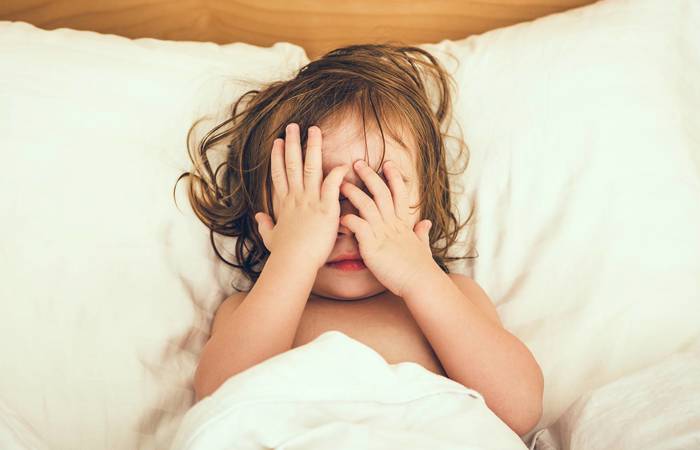Like what you see?
Sign up to receive more free parenting advice.
Thank you for subscribing to our newsletter!
Child Development

Credit: iStock.com/Sasha_Suzi
Sleep health in early childhood deserves the same focus as nutritional and physical health, according to the experts.
“Sleep is an absolute necessity for all human beings, but especially for children who need adequate, good-quality sleep to help grow, learn and function,” says Dr Yaqoot Fatima, Research Fellow for University of Queensland’s Institute for Social Science Research.
Healthy sleep is critical in early childhood, especially for children under five years old, because of the rapid growth and development that happens in those early years.
“Research has established healthy sleep as a critical player in a child’s brain development, learning, memory consolidation, emotional regulation, growth and creative thinking,” explains Dr Fatima.
In 2015, Dr Fatima and her colleagues also found that poor sleep is linked to the increased risk of obesity and cardio-metabolic diseases in children due to changes in appetite controlling hormones in the body.
Not to mention the impact a child’s poor sleep has on their parents.
Dan Fernandez, a nurse and PhD student at University of Queensland’s Institute for Social Science Research, says, “there are physical and mental health consequences for parents and families with children who experience poor sleep”.
“Among them are issues with the parents’ own sleep patterns, mental health, quality of life and family functioning,” he adds.
In 2015, a study found that mothers report that their child’s sleep disruption significantly impacted their sleep patterns and daytime function.
The study concluded that interventions to improve children’s sleep health, especially in the first few years of childhood, are likely to improve the quality of life for the whole family.
“It is imperative that disturbances in sleep patterns should be identified at an early stage and suitable interventions offered to children and their parents,” Dr Fatima highlights.
What does healthy sleep in a child look like and how to get it?
“For young children, healthy sleep means sleeping for the age-appropriate hours, with age-appropriate naps, uninterrupted sleeping and following a consistent bedtime,” explains Dr Dure Sameen Jabran, a doctor and PhD student at University of Queensland’s Institute for Social Science Research.
In 2015, the National Sleep Foundation updated their sleep duration recommendations.
They found that, “for healthy individuals with normal sleep, the appropriate sleep duration for newborns (under three months) is between 14 and 17 hours, infants (four to 11 months) between 12 and 15 hours, toddlers (one to two years old) between 11 and 14 hours, and pre-schoolers (three to five years old) between ten and 13 hours”.
Dr Fatima explains that since early childhood is the critical time when life-long habits are built, establishing healthy sleep habits early on is important to help set children on the right path for healthy sleep in the future.
“Sleep coaches explain that a baby between the ages of four and six months is developmentally ready to begin sleep training,” she says.
“Healthy sleep practices can help build a healthy sleep routine during the first few years of life,” agrees Dr Jabran.
It is imperative that disturbances in sleep patterns should be identified at an early stage and suitable interventions offered to children and their parents.Dr Yaqoot Fatima
Stay up to date with the latest news and articles from First Five Years
Thank you for subscribing to our newsletter!
What are common sleep problems in children?
“Research indicates that if some sleep problems in childhood, for example, pre-sleep anxiety, are not addressed, they may turn into sleep disorders, for example, insomnia,” warns Mr Fernandez.
In 2002, researchers found the common sleep problems reported in children under five years are daytime sleepiness (11.8 per cent), bedtime resistance (15.1 per cent), anxiety around sleep (10.7 per cent), sleep-onset delay (8.1 per cent), and night awakenings (6.7 per cent).
“Children with poor sleep have been observed to be cranky, tearful and prone to tantrums,” Mr Fernandez adds.
“Being constantly in a sleep-deprived states undermines brain maturation and the ability to regulate certain behaviours,” says Dr Fatima.
Top five healthy sleep practices:
- Maintain regular, consistent and relaxing bedtime routines.
- Unplug devices at least an hour before bedtime.
- Reduce light, temperature and noise to aid falling asleep.
- Ensure daily sunlight exposure, preferably in the first hour after waking up.
- Regular outdoor physical activity is essential.
“It is important to consult a doctor if a child is sleeping too little or too much, snoring, having difficulty in breathing and is restless or sweaty during sleep to exclude obstructive sleep apnoea,” recommends Dr Jabran.






